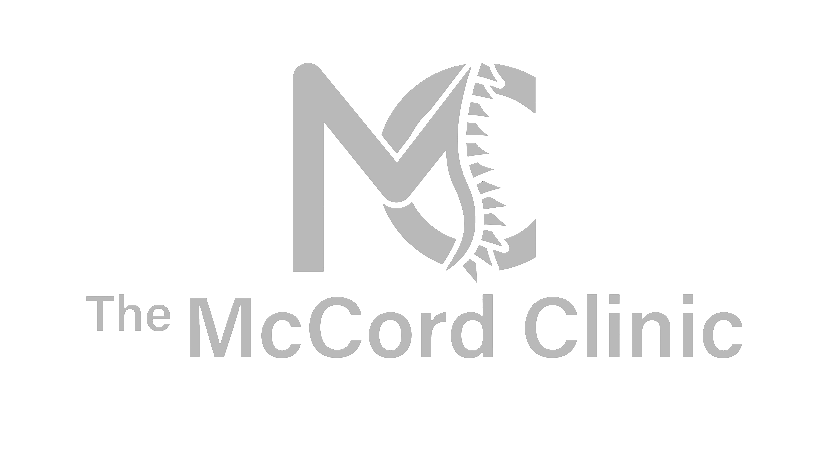Low Energy
Fatigue and Functional Medicine Care: Restoring Vitality Naturally
Functional medicine plays a pivotal role in addressing the complex and often perplexing issue of fatigue by recognizing that it is not a standalone symptom but rather a manifestation of underlying imbalances or dysfunctions within the body. Traditional medicine frequently treats fatigue with a one-size-fits-all approach, relying on prescription medications that merely mask the symptoms.

Understanding the Causes of Fatigue
Call us now

The Role of Chiropractic Care in Managing Low Energy
Chiropractic care recognizes the intricate relationship between the spine, nervous system, and overall health. It aims to address low energy by identifying and treating potential factors that could be draining vitality.
- Viral Infections: Some viral infections, such as Epstein-Barr virus (EBV), human herpesvirus 6 (HHV-6), and cytomegalovirus (CMV), have been linked to the onset of chronic fatigue in some individuals.
- Immune System Dysregulation: Immune system dysfunction or abnormalities, including chronic inflammation, may contribute to chronic fatigue.
- Hormonal Imbalances: Dysregulation of hormones, such as cortisol and thyroid hormones, can lead to fatigue. Adrenal fatigue, a controversial term, suggests a connection between chronic stress and hormone imbalances.
- Psychological Factors: Chronic stress, anxiety, depression, and emotional trauma can lead to persistent fatigue. These factors can interact with physical aspects of fatigue.
- Gut Health: An imbalance in the gut microbiome, known as dysbiosis, has been associated with chronic fatigue in some cases. The gut-brain connection may play a role in this relationship.
- Mitochondrial Dysfunction: Mitochondria are the cell’s energy-producing structures. Dysfunctional mitochondria can lead to fatigue and other symptoms.
- Nutritional Deficiencies: Inadequate intake or absorption of essential nutrients, such as vitamins (e.g., B vitamins, vitamin D) and minerals (e.g., iron, magnesium), can contribute to fatigue.
- Sleep Disorders: Conditions like sleep apnea, restless leg syndrome, or chronic insomnia can lead to fatigue due to disrupted sleep patterns.
- Environmental Toxins: Exposure to environmental toxins, such as heavy metals and chemicals, may contribute to fatigue in some cases.
- Autoimmune Diseases: Certain autoimmune conditions, such as lupus and multiple sclerosis, can cause chronic fatigue as a symptom.
- Physical Deconditioning: Prolonged inactivity or reduced physical fitness can lead to fatigue and muscle weakness.
- Genetic Predisposition: Some individuals may have a genetic predisposition to developing fatigue.
Conclusion
We at The McCord Clinic offer a holistic, comprehensive approach to restoring vitality and overall well-being. By identifying and addressing factors that contribute to low energy, we can help individuals overcome fatigue, enhance their energy levels, and regain their zest for life. If you experience persistent low energy, consulting a qualified Functional Medicine Practitioner is advisable to create a personalized treatment plan for managing this common issue and regaining your life back.
